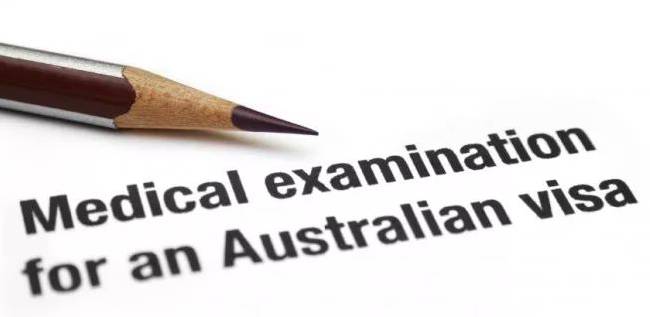International education is one of the pillars of Australia`s economy, and Australia`s government has repeatedly said it welcomes real students to study here. However, a visa application is likely to be rejected if an international student has, unfortunately, some disability or other health problem, or if the family member accompanying him has such a condition.

A professor at Moddock University points out that such a policy is unreasonable and discriminatory.
He said the strict health rules in immigration laws are intended to avoid people who may pose a threat to public health or impose an additional financial burden on public services.
If the applicant is carrying the Ebola virus or has a serious tuberculosis and other diseases, then the visa application is rejected, you can also understand. But when it comes to the economic burden, the reason is untenable.

We know that student visa holders must comply with certain terms and conditions, for example, that students themselves and all family members accompanying them must have private health insurance and that they must have sufficient funds to support all expenses incurred while studying abroad. School-age children under the age of 18 must also study, etc.

If these terms are not complied with, the visa may be cancelled.
Under the health terms of the visa, the extra financial burden that visa holders impose on society is generally not more than A $40, 000. In some cases, if the applicant`s economic and social benefits to Australia far exceed the potential economic costs, health requirements may be waived in visa applications.
But for student visa applicants, there is usually no exemption.

As temporary residents, international students do not have access to Medicare services, nor do they have drug subsidies or disability support from federal or state government.
If the cost of medical care due to their own health is expected to exceed A $40,000 over the entire validity of the student visa, even if they bear the full cost, their visa application will usually be rejected.

In its 2016 report on immigration intake, the Productivity Commission noted that international students are unlikely to impose a significant financial burden on Australia`s government, because they simply do not have access to free or subsidized medical services and are paying their own expenses.
So some people refer to the international community as Australia`s "direct net income". From this point of view, students and their families who are in need of medicine, speech therapy, physiotherapy, special education and so on have brought more benefits to Australia than other international students in the field of medicine, speech therapy, physiotherapy and special education.

It is therefore unjustifiable to reject student visa applications on the grounds that they "may impose an economic burden on Australian society". The interior secretary has every right to amend the immigration law by introducing a new legislative instrument without parliamentary approval.
In fact, in the preamble to the 2011 Amendment to the Immigration Act, it was mentioned that "it is unfair and unreasonable to refuse residence visa applications because of disability".

Unfortunately, student visa applications have yet to change accordingly.
Hope every foreign student can get fair and reasonable treatment!

